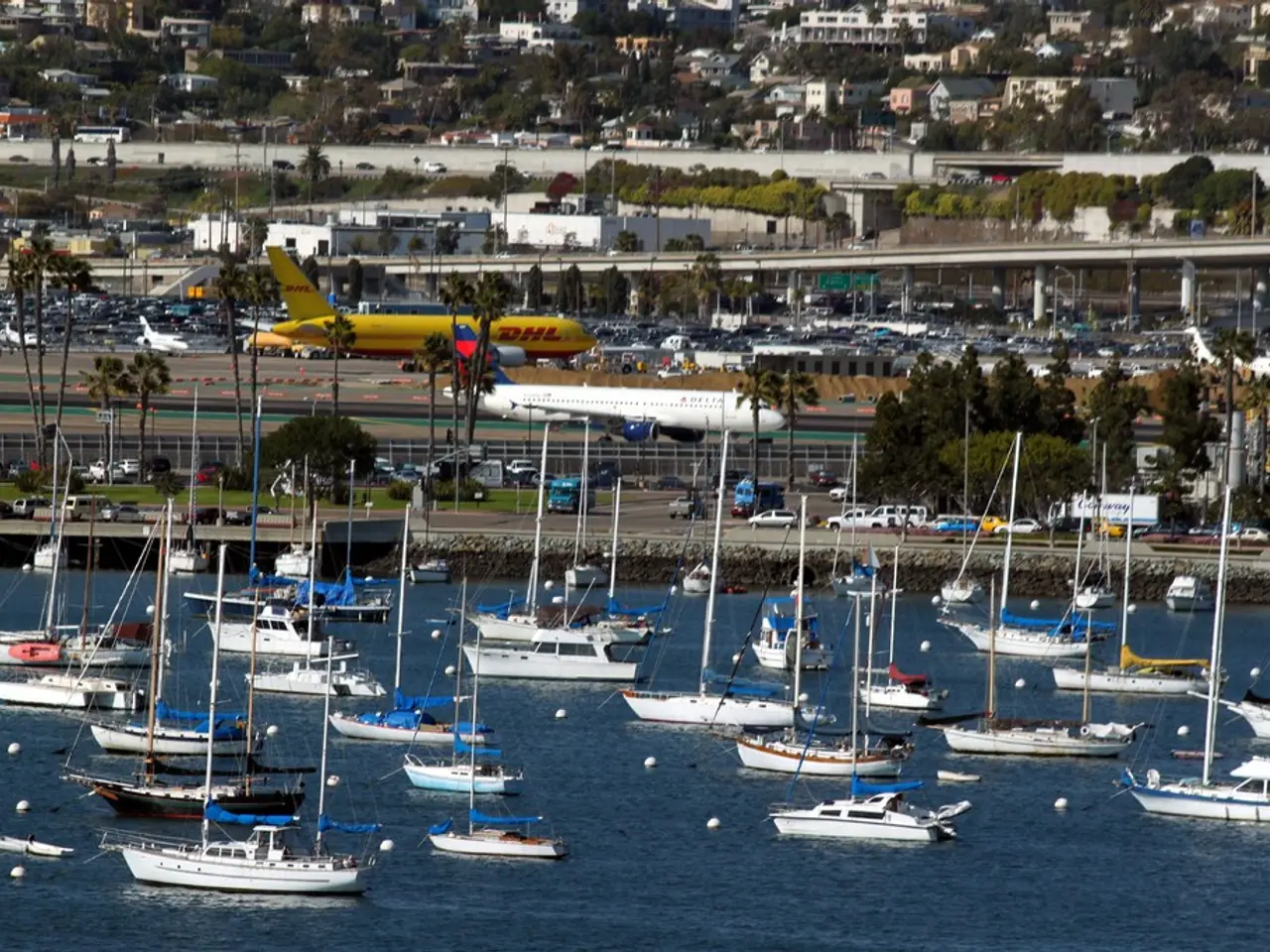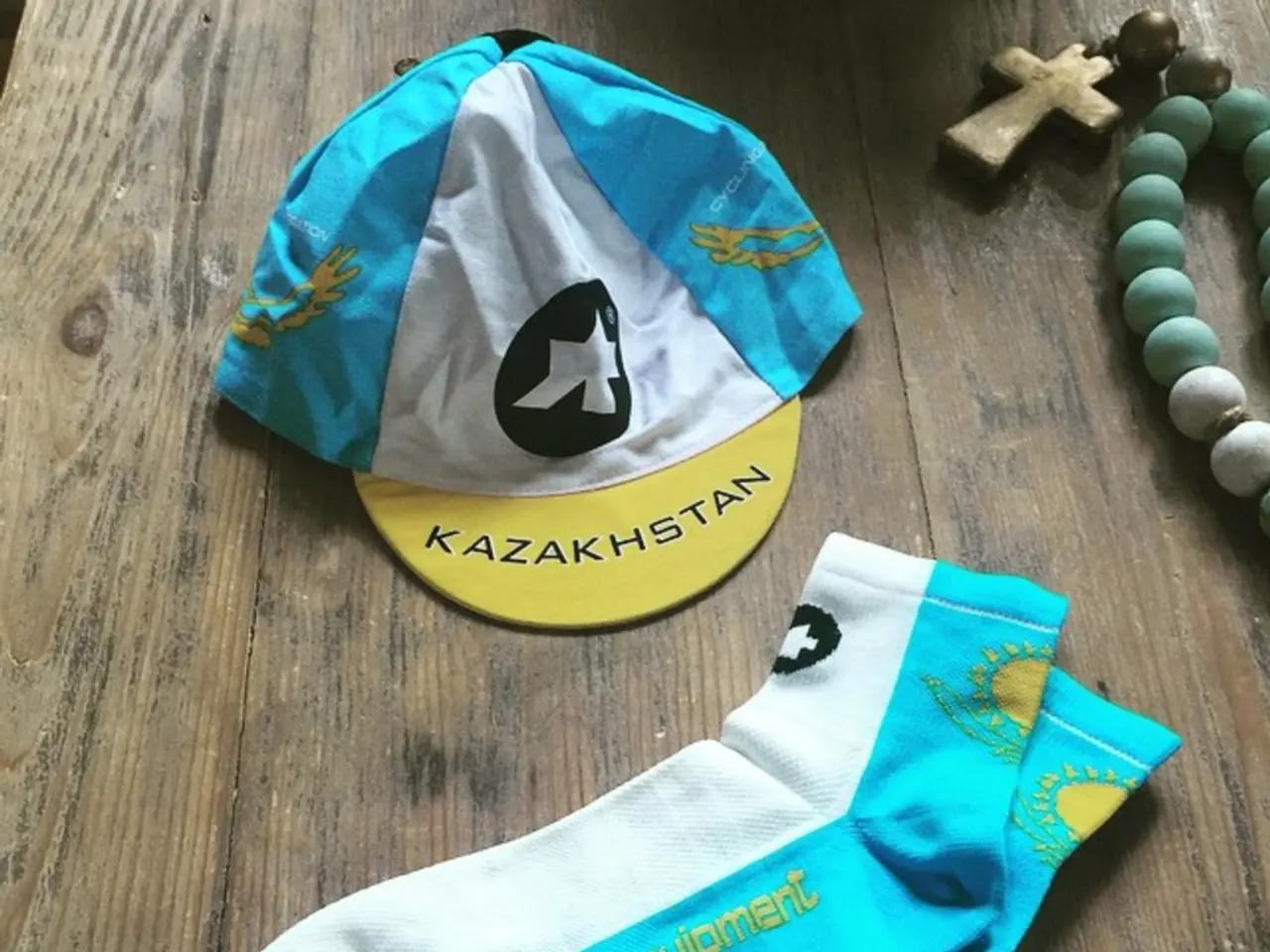Massive Financial Losses Led to Australia's Decision Against Purchasing Stealth Ships from Thyssenkrupp
In a significant development for the global defense industry, Mitsubishi Heavy Industries (MHI) has secured a multi-billion dollar contract to supply Australia with advanced stealth frigates. This victory comes at the expense of Thyssenkrupp Marine Systems (TKMS), who had been vying for the same contract.
The decision, worth approximately $6 billion AUD over a decade, marks Japan's largest defense export since World War II. It elevates MHI's profile as a global defense supplier and underscores Japan’s re-emergence as a major defense exporter.
Australia chose MHI's Mogami-class stealth frigates primarily due to their advanced stealth features and potent weapons array tailored for long-range firepower. This setup is designed to counter regional threats, most notably China. The decision was also influenced by Australia's strong and increasingly close security ties with Japan, aligning well with its broader regional defense strategy.
The Mogami-class frigates were considered the most advanced stealth frigates, capable of replacing Australia’s aging Anzac-class vessels effectively. The deal also fits into Australia's plan to expand its major warships fleet from 11 to 26 over a decade, focusing on long-range naval power.
Moreover, the agreement includes future collaboration on production, maintenance, and repair, strengthening industrial ties between the two countries.
For TKMS, losing the contract is a substantial setback in a major international defense competition. The implications for its market position and revenues in the Asia-Pacific region, where Australia’s naval expansions are pivotal, are significant. TKMS had relied on the Meko-A200 model for the lost contract, and its offer was reportedly 20 percent cheaper, could operate with fewer personnel, and had greater firepower than the Japanese offer.
The billion-dollar project was seen as a gateway to further export opportunities for TKMS. However, this lost contract is another setback for the struggling Thyssenkrupp conglomerate.
This deal symbolizes shifting geopolitical defense partnerships in the Indo-Pacific, with Japan becoming a critical partner for Australia amid regional security concerns related to China. Australia aims to double its naval fleet, and this contract is a significant step towards achieving that goal.
What kind of ships did Australia choose for their naval expansion? They opted for MHI's Mogami-class sports frigates, known for their advanced stealth features and long-range firepower capabilities.







